We live in a world which works by a set of laws. We observe these laws through factual outcomes. These raw collections of facts and statistics are what we call data.
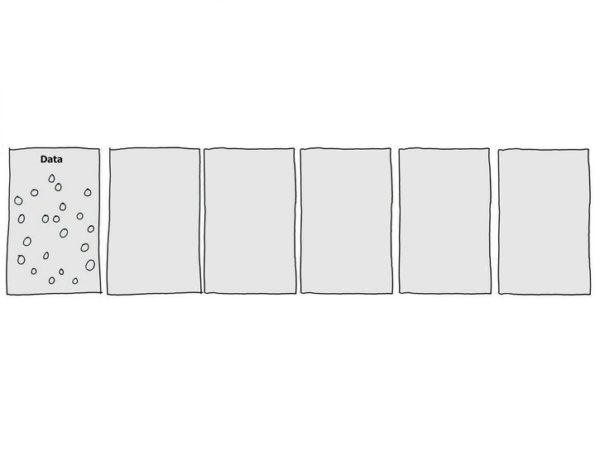
After we take a look at these data collections, we get to know what they mean and how they correlate to the object or event observed. After we link the raw data with an object or an event, it becomes information.
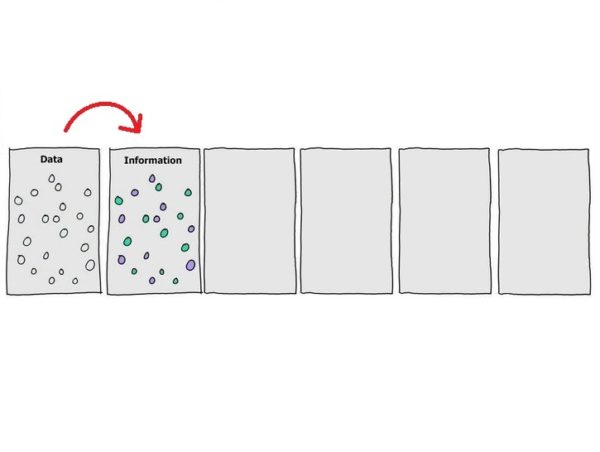
We kinda paint the raw data and get a sense of what it means. We sort it, organize it and determine how it links with other information. This takes a lot more time and energy than collecting the information because there are always more connections between information groups than there are information groups. After a significant amount of time invested in making the connections we learn knowledge from the data and the information we’ve observed.
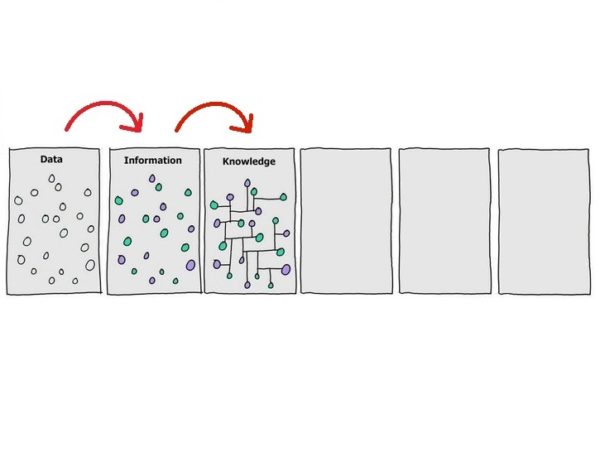
When we have certain amount of knowledge, we are ready to dive even deeper into a focus group. After we see how different information groups connect with themselves, we can dive into a focus group and understand them a little better, see how their data connects within them. This is called insight.
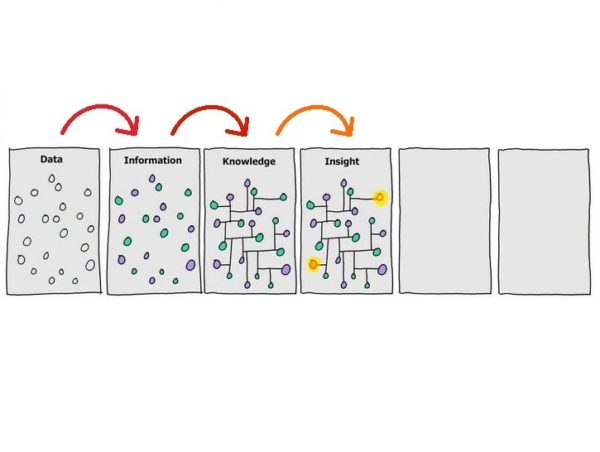
Mastering the focus group means getting as much data as you can about certain information groups through experience, understanding how the data connects within the information group, as well as how the information groups connect with all the other. When we know how most of these connections behave we can make a great judgment about what’s the smartest connection path between information groups at a certain instance. This is wisdom.
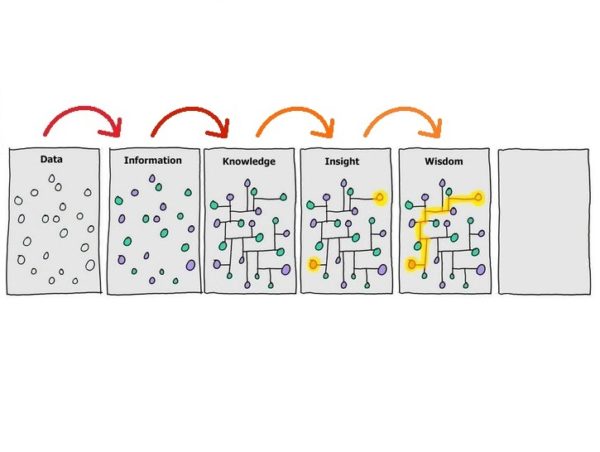
The more information groups we get insight of, the wiser we use our knowledge. There will come a point when we find a pattern between their data connections and between the information groups themselves. The connection paths will seize to exist because an information group itself will hold knowledge for all the other. All the information groups will merge into one larger group. Once you get there you’ll have understanding of a particular subject.
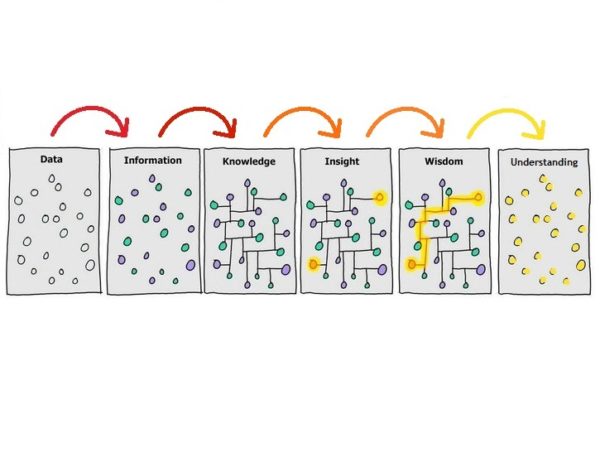
This means that you can make wise judgments about the subject without even having a deep insight of all the information groups.
The larger group will become a collection of data itself on a larger scale.
Understanding this process is really important if you want to get a sense of what it means to REALLY understand something.
Gaining understanding is like compressing large files of data and information into a smaller file. This smaller file, which you can use faster in various instances, is like a piece of a puzzle that you are putting together.

Nikola Tesla said that instinct transcends knowledge. It can be that instinct is compressed knowledge which we use to survive into the world. Maybe this knowledge was once something we gained understanding of and compressed. So now we transfer it from generation to generation through our genetic code which can also be compressed knowledge of how life evolved.
My point is that, maybe the purpose of gaining knowledge is to gain understanding. And we gain understanding when we start to see a repeating pattern in information groups of a certain subject. So, maybe REALLY understanding a couple of things is better than partially knowing a lot of things.
Anyway, since insight demands experience, and experience means giving your personal emotional variable into the equation, each and every single one of us can be seen as a piece of the larger puzzle we all create. Each makes their own picture created by certain set of subjects they are intending to understand, which is only a piece of a larger puzzle we create as humanity. How many humans are enough to find a pattern and REALLY understand humanity?
